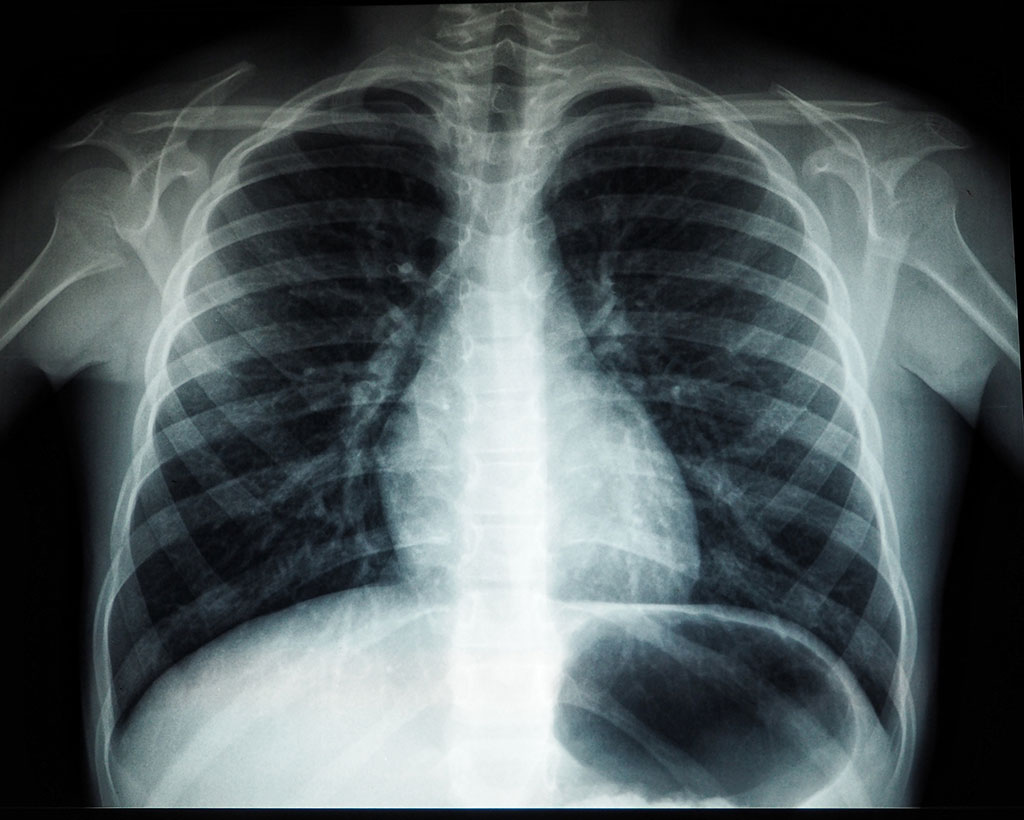
CT Scan Study Shows Evidence of Persistent Lung Damage Long After COVID-19 Pneumonia
A new study has found that some people recovering from COVID-19 pneumonia have CT evidence of damage to their lungs that persists a full year after the onset of symptoms. The study underscores radiology’s role in helping identify patients at risk for post-COVID-19 consequences and assisting in COVID-19 follow-up management. More...01 Apr 2022

Organ-on-a-Chip Platform Helps Devise Strategy to Treat Severe COVID-19 Complications
One of the greatest challenges for clinicians during the COVID-19 pandemic has been to understand why some people infected by the SARS-CoV-2 virus experience cytokine storms, while others do not. Using their novel organ-on-a-chip platform, researchers have now identified a molecule with the potential to combat cytokine storms, one of the most severe complications of COVID-19 infections. More...30 Mar 2022
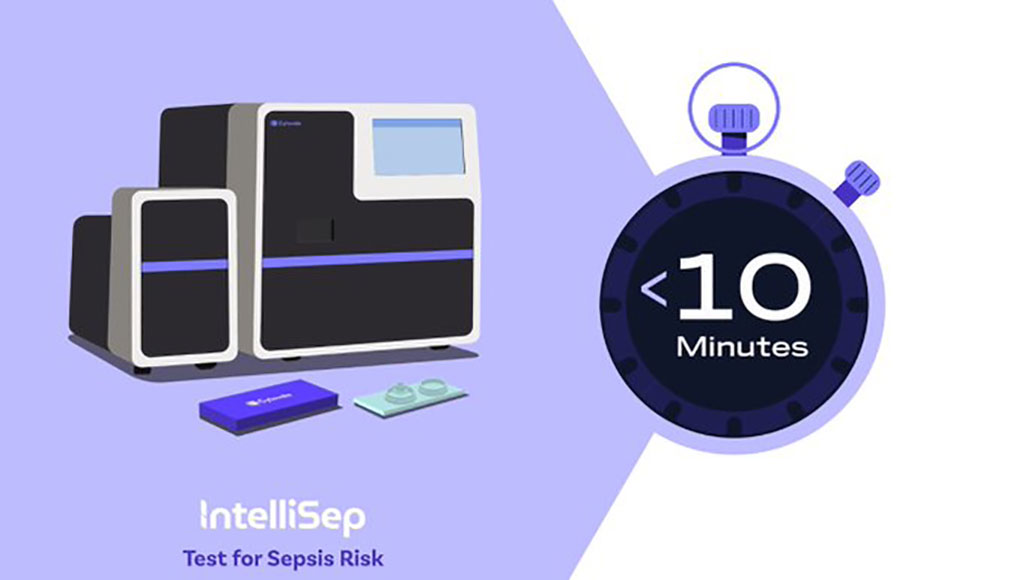
10-Minute Sepsis Risk Test Demonstrates Potential to Rapidly Risk-Stratify Suspected COVID-19 Patients
A novel test designed to quantify the state of immune activation by measuring the biophysical properties of leukocytes from a routine blood sample in less than 10 minutes has the potential to rapidly risk-stratify patients independent of pathogen, according to a new study. This finding is important as risk stratification may improve resource allocation in hospitals. More...23 Mar 2022
Ground-Breaking and Novel Assays to Help Assess Organ and Tissue Damage in Transplant and COVID-19 Patients
A new collaboration will expand access to blood and urine-based cell-free DNA detection methods that will provide healthcare practitioners with highly accurate, non-invasive tools to identify and monitor for infection, rejection, and severity of organ damage in transplant and COVID-19 patients. More...22 Mar 2022
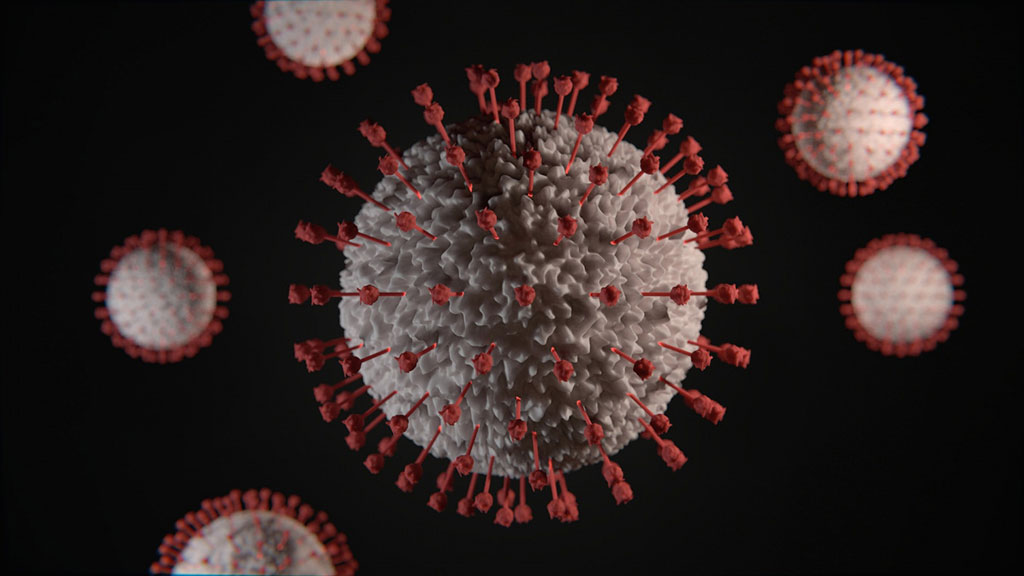
Urinary Proteome Analysis Predicts Transition from Moderate to Severe Disease in COVID-19 Progression
Since the pandemic broke out, a team of researchers working in the forefront line of compacting COVID-19 disease have been investigating whether they could find clues for what happened to the living COVID-19 patients at the molecular level. As urine can be readily obtained from living people, they looked at all kinds of proteins in the urine. Their latest findings suggest that urine may provide a window for us to see what is happening inside the human body and predict the transition from moderate to severe disease in COVID-19 progression. More...21 Mar 2022
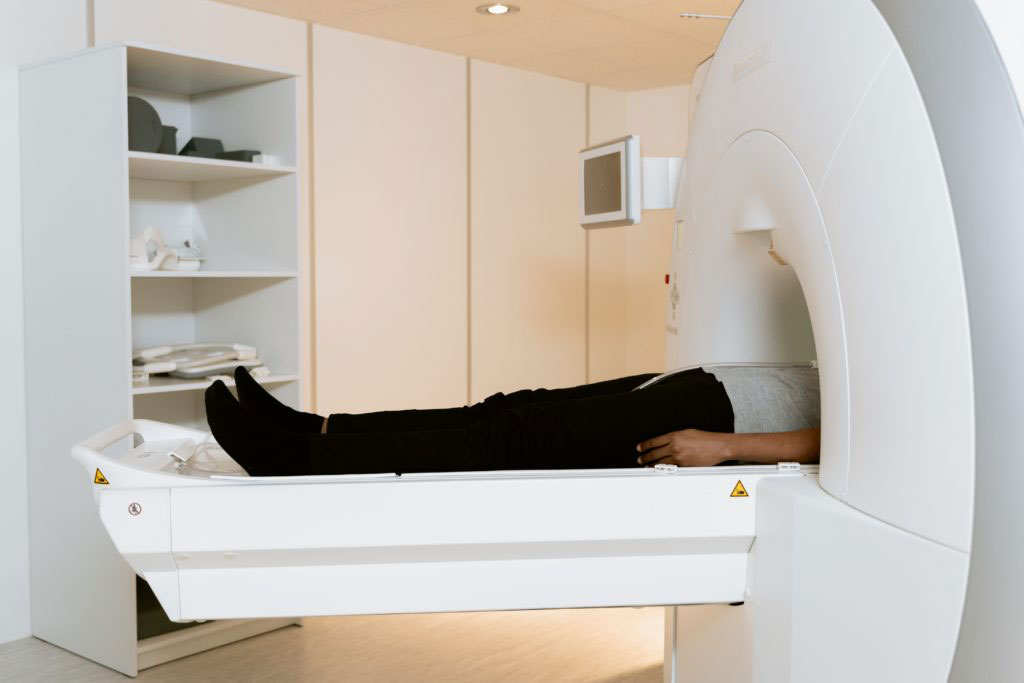
AI-Based Analysis of Expiratory Chest CT Images of Post-COVID Patients Shows Evidence of Small Airways Disease
Early reports indicate that more than 50% of adult survivors of SARS-CoV-2 infection experience post-acute sequelae of COVID-19 (PASC), more commonly known as “long COVID.” Respiratory symptoms, including cough and dyspnea, are reported by nearly 30% of patients with long COVID, including those who experienced mild infection. Now, a new study has found air trapping, indicative of small airways disease, in patients with lingering respiratory symptoms after COVID-19 infection. More...18 Mar 2022
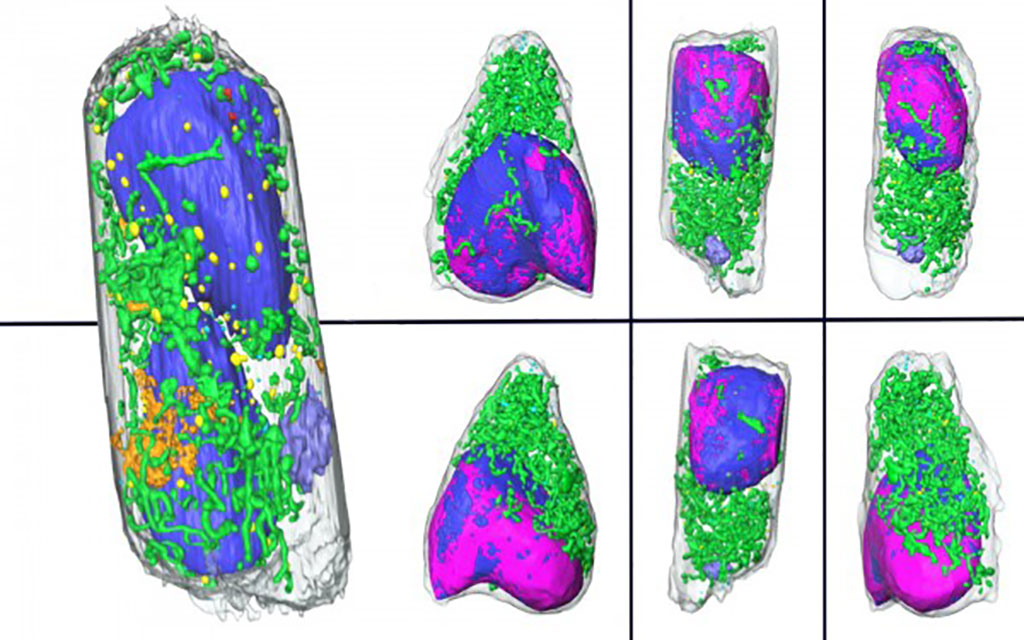
In Other News
Study Proposes New Guidelines to Design Mechanical Ventilators That Can Work in Low- and Middle-Income Countries
New Light on Molecular Factors Related to SARS-CoV-2 Variants Could Improve COVID-19 Management
CT Imaging Study Confirms COVID-19 Less Severe in Fully Vaccinated Patients
Hyperpolarized Xenon MRI Scans Detect Abnormalities in Lungs of Long COVID Patients
Scoring System Helps Predict Stroke Risk for Hospitalized COVID-19 Patients
Groundbreaking AI-Driven Sepsis Diagnosis Technology Could Guide Personalized Treatment for Hospitalized COVID-19 Patients
AI Models Can Predict Individual Risk of Hospitalization for COVID Using HIE Data
Machine Learning-Enabled COVID-19 Prognostic Tool Supports Clinical Decision-Making for Emergency Department Discharge
Lung Ultrasound as Good as Chest X-Ray for COVID-19 Diagnosis and Management
Early Blood Testing for Viral Measurement During Initial Diagnosis Can Predict Long COVID
Pfizer’s Novel COVID-19 Oral Treatment Demonstrates In Vitro Efficacy Against Omicron Variant
Machine Learning Model Uses Blood Tests to Predict Survival of Critically Ill COVID-19 Patients
Groundbreaking AI Technology Accurately Diagnoses COVID-19 Using Chest X-Rays in Minutes
Blood Test to Measure Antibodies Soon After Positive COVID-19 Result May Predict Severity
Moderna to Roll out Combined Covid-Flu-RSV Booster Vaccine in Late 2023
PET/CT Scans Showing Unusual Patterns Could Indicate Omicron, Warn Imaging Experts
Wearable Air Sampler Assesses Personal Exposure to SARS-CoV-2 of Healthcare Workers in High-Risk Settings
Automatic AI-Based Diagnosis Framework Enables Detection of COVID-19 from Chest X-Ray Images
Treatment of Critically Ill COVID-19 Patients with Blood Purification Device Doubles Survival Rate
AI-Based Early Warning System Detects Potential High-Risk SARS-CoV-2 Variants
New Technique Combines Machine Learning and AI to Rapidly Detect Sepsis, Including From COVID-19
Computational Algorithms Could Transform COVID-19 Diagnosis and Care, Finds Study
Automated, POC Disinfectant System Helps Combat COVID-19 and Healthcare Associated Pathogens











